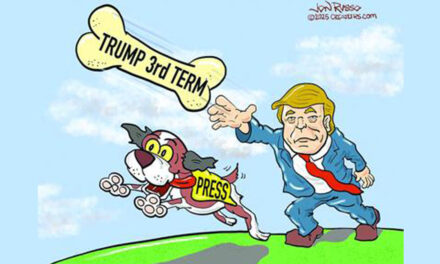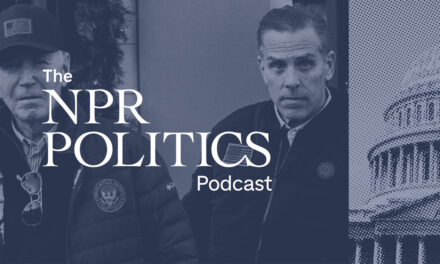
What is the Impact of Slow U.S. Population Growth? Extinction?
The U.S. population is growing at the slowest rate since the Great Depression, according to a Census Bureau report on December 20th. Specifically, the population grew by .7% from July 1, 2015 to July 1, 2016.
So what does this mean for the future?
Well, the economy, especially the housing market may have negative implications. But, there are other potential issues that could arise.
“There is a big reason to worry about the slowdown in population growth in the U.S. Many of our entitlement programs were created based on the assumption that we would always have an expanding population, as represented by a population pyramid,” writes The Hill.
“In other words, a relatively small group of old people, a large number of working-age people, and then an even bigger cohort of children. And with that demographic profile, a modest-sized welfare state (mostly based on redistribution from workers to retirees) is mathematically feasible.”
The impact on fiscal policy could be substantial.
“This has very painful implications for fiscal policy. In the absence of structural entitlement reform, this looming shift in America’s population profile means massive amounts of red ink as the baby boom generation moves into full retirement,” writes The Hill.
“This implies either big tax increases or significant budget cuts. Not because politicians actually want those changes, but simply because there will be too many beneficiaries and too few taxpayers.”
Of course, America’s population growth rate is slower than that of India, China or most Latin countries.
To paraphrase 18th century scholar Thomas Malthus: “Population expands to consume all available resources checked by war, famine and disease.” With that in mind, the stagnant population growth is definitely concerning.
If the U.S. population growth rate was to actually decline, we would be overwhelmed by the staggering population explosion in the third world. While our generation may be safe, future generations may not be. The inevitability of population pressure could force millions across our borders, to the point where a declining American culture is simply overwhelmed.
Another issue in the U.S. is that high-tax states, like Illinois and Connecticut are experiencing internal migration, where masses are fleeing to other states. The IRS reports that those leaving from these states, including Illinois are primary taxpayers.
“Most people have focused on the overall population loss of 37,508 in Illinois, but the number that should worry state politicians is, on net, a staggering 114,144 people left for other states. Only New York (another high-tax state with a grim future) lost more people to internal migration,” writes The Hill.
“Of course, what really matters, at least from a fiscal perspective, is the type of person who leaves. Data from the internal revenue service shows that states like Illinois are losing people with above-average incomes. In other words, the net taxpayers are escaping.”
In short, a population is either growing or dying. If our growth stagnates much further, we may not exist as a country in a few generations.






























Trump says it’s not a tax. What does Joe call extra money on top of product price that the gubermint…
I'm thinking either you understand the Trump-Musk tariff strategy or you don't, and we are hearing a lot of people…
I think Elon is wrong to call the Congressional contempt convicted Navarro dumb as a sack of bricks and appreciate…
He also needed a 4.0 gdp to make his 2017 tax cuts work, he forecasted it would be far above.…
You want my bridge? Cheap price!